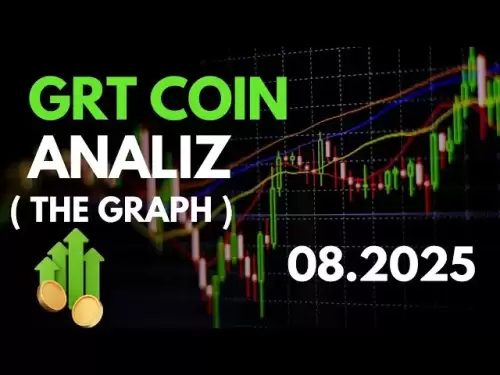-
 Bitcoin
Bitcoin $119300
2.40% -
 Ethereum
Ethereum $4254
-0.20% -
 XRP
XRP $3.184
-1.38% -
 Tether USDt
Tether USDt $1.000
0.00% -
 BNB
BNB $803.9
0.58% -
 Solana
Solana $183.1
1.50% -
 USDC
USDC $0.0000
0.01% -
 Dogecoin
Dogecoin $0.2339
-2.87% -
 TRON
TRON $0.3384
0.88% -
 Cardano
Cardano $0.8018
-0.29% -
 Hyperliquid
Hyperliquid $45.13
3.14% -
 Chainlink
Chainlink $22.10
0.96% -
 Stellar
Stellar $0.4439
-0.94% -
 Sui
Sui $3.875
-0.73% -
 Bitcoin Cash
Bitcoin Cash $570.7
0.24% -
 Hedera
Hedera $0.2589
-2.90% -
 Ethena USDe
Ethena USDe $1.001
-0.01% -
 Avalanche
Avalanche $23.83
-1.73% -
 Litecoin
Litecoin $123.8
2.61% -
 Toncoin
Toncoin $3.351
-1.13% -
 UNUS SED LEO
UNUS SED LEO $9.103
1.13% -
 Shiba Inu
Shiba Inu $0.00001356
-1.40% -
 Uniswap
Uniswap $10.93
-0.19% -
 Polkadot
Polkadot $4.057
-1.97% -
 Dai
Dai $1.000
0.01% -
 Cronos
Cronos $0.1646
4.66% -
 Ethena
Ethena $0.7974
8.11% -
 Pepe
Pepe $0.00001208
-2.89% -
 Bitget Token
Bitget Token $4.445
-1.70% -
 Monero
Monero $268.8
-2.00%
European contract transaction
European crypto contracts are regulated under MiCA, requiring KYC/AML compliance, market abuse regulations, and capital requirements for service providers.
Jan 29, 2025 at 12:36 am
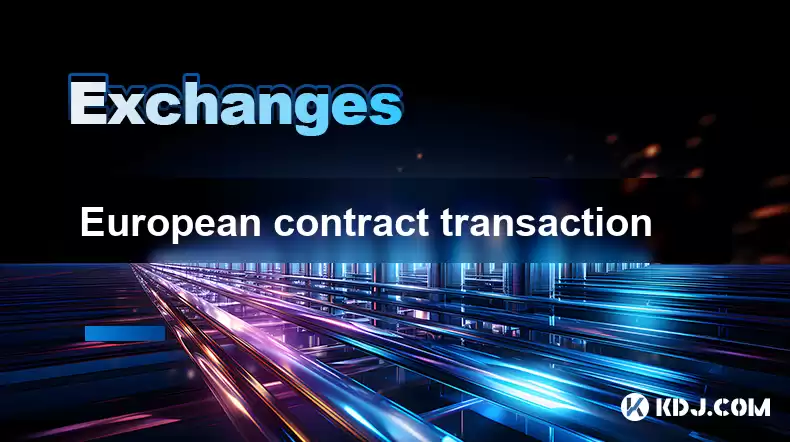
European Contract Transaction: An In-Depth Analysis
Key Points:
- Understanding the European Regulatory Framework for Crypto Contracts
- Key Considerations for Drafting and Executing Contract Transactions
- Tax Implications of Crypto Contract Transactions in Europe
- Dispute Resolution Mechanisms for Crypto Contract Transactions
- Best Practices for European Crypto Contract Transactions
- FAQs Related to European Crypto Contracts
1. Understanding the European Regulatory Framework for Crypto Contracts
The European Union has established a comprehensive regulatory framework for cryptocurrencies and distributed ledger technology (DLT), known as the Markets in Crypto Assets Regulation (MiCA). This framework provides a standardized approach to regulating crypto asset transactions, including contracts, across all EU member states.
MiCA classifies crypto contracts as financial instruments, subjecting them to various regulations, such as:
- Anti-Money Laundering (AML) and Know Your Customer (KYC) Requirements: Crypto exchanges and other intermediaries involved in contract transactions must implement KYC procedures to prevent illicit activities.
- Market Abuse Regulations: Prohibitions against insider trading, market manipulation, and false or misleading information are enforced to protect market integrity.
- Capital Requirements: Crypto-asset service providers, including exchanges and custodians, must maintain adequate financial resources to mitigate risks.
2. Key Considerations for Drafting and Executing Contract Transactions
When drafting and executing crypto contract transactions in Europe, it is essential to consider the following factors:
- Choice of Jurisdiction: Parties can choose to govern their contract under the laws of any EU member state. However, it is advisable to select a jurisdiction with a favorable regulatory environment and established legal precedents in crypto.
- Smart Contract Usage: Smart contracts can be used to automate contract performance on the blockchain, reducing the need for third-party enforcement. However, careful attention must be given to the drafting and testing of smart contracts to ensure their validity and compliance with MiCA.
- Exchange and Custodian Selection: When transacting on crypto exchanges or storing crypto assets in custody, it is crucial to choose platforms that adhere to MiCA regulations and provide robust security measures.
3. Tax Implications of Crypto Contract Transactions in Europe
Taxation of crypto contract transactions varies across EU member states, but generally falls under the following categories:
- Capital Gains Tax: Profits realized from the sale of crypto assets, including those acquired through contracts, may be subject to capital gains tax at varying rates depending on the country.
- Income Tax: If crypto assets are used as payment for goods or services, or if income is generated through crypto contract transactions, it may be considered taxable income.
- Value-Added Tax (VAT): VAT may be applicable to transactions involving crypto assets, depending on the purpose and nature of the transaction.
4. Dispute Resolution Mechanisms for Crypto Contract Transactions
In the event of disputes arising from crypto contract transactions, various dispute resolution mechanisms are available in Europe:
- Arbitration: Arbitration offers a private and expeditious means of resolving disputes, often favored for its confidentiality and flexibility.
- Mediation: Mediation is a less formal process where a neutral third party facilitates negotiations between the parties to reach a mutually acceptable resolution.
- Litigation: Litigation may be necessary if other dispute resolution mechanisms fail, but it can be time-consuming and costly.
5. Best Practices for European Crypto Contract Transactions
To ensure a smooth and compliant crypto contract transaction process in Europe, consider the following best practices:
- Due Diligence: Conduct thorough due diligence on counterparties, intermediaries, and the regulatory environment to mitigate risks.
- Documentation: Prepare clear and comprehensive documentation outlining the terms and conditions of the transaction, including terms of payment, dispute resolution, and applicable laws.
- Risk Management: Implement robust risk management strategies to mitigate fluctuations in crypto asset prices and other potential risks.
- Regular Review and Compliance: Regularly review contract arrangements and adherence to regulatory changes to ensure ongoing compliance.
FAQs Related to European Crypto Contracts
Q: What are the advantages of using crypto contracts in European transactions?
A: Using crypto contracts in Europe offers several advantages, such as increased transparency, immutability, and potential cost savings compared to traditional contract methods.
Q: Are smart contracts legally binding in Europe?
A: Yes, smart contracts are legally binding in Europe, provided they meet the essential elements of a valid contract, such as offer, acceptance, and consideration. However, the specific legal framework for smart contracts varies across EU member states.
Q: How can I ensure the security of my crypto contracts?
A: To enhance the security of crypto contracts, consider using decentralized platforms, implementing strong encryption measures, and employing reputable crypto exchanges and custodians.
Disclaimer:info@kdj.com
The information provided is not trading advice. kdj.com does not assume any responsibility for any investments made based on the information provided in this article. Cryptocurrencies are highly volatile and it is highly recommended that you invest with caution after thorough research!
If you believe that the content used on this website infringes your copyright, please contact us immediately (info@kdj.com) and we will delete it promptly.
- Shiba Inu's Comeback Trail and the Meme Coin Mania: Can $SHIB Deliver a 12,000x Return?
- 2025-08-11 18:30:11
- Pudgy Penguins, Bitcoin Penguins, and the $22M Meme Coin Mania: A New York Perspective
- 2025-08-11 17:10:11
- Bitcoin L2 Heats Up: SatLayer (SLAY) Lists on KuCoin Amidst Layer-2 Boom
- 2025-08-11 16:50:12
- Ethereum, Coin Market Cap, and Solfart Token: A Wild Ride in the Crypto Universe
- 2025-08-11 17:50:12
- Riding the ETH Wave: GoldenMining's ETH Contracts and the Price Surge
- 2025-08-11 17:55:12
- DOGE, SHIB, and the Crypto Landscape: What's Hot and What's Not
- 2025-08-11 18:01:04
Related knowledge
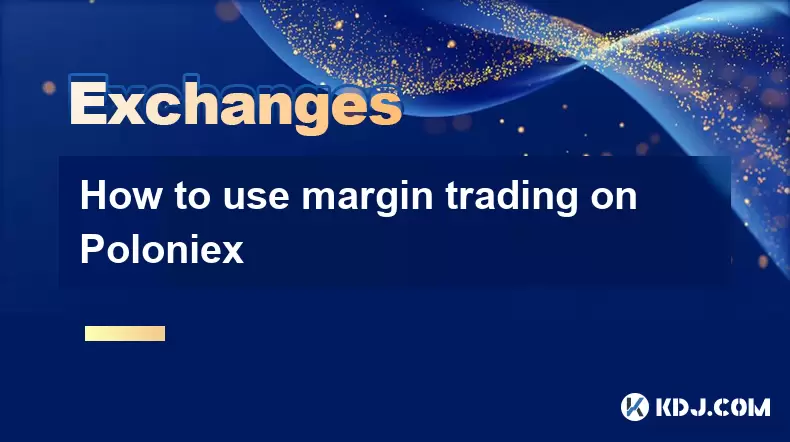
How to use margin trading on Poloniex
Aug 08,2025 at 09:50am
Understanding Margin Trading on Poloniex
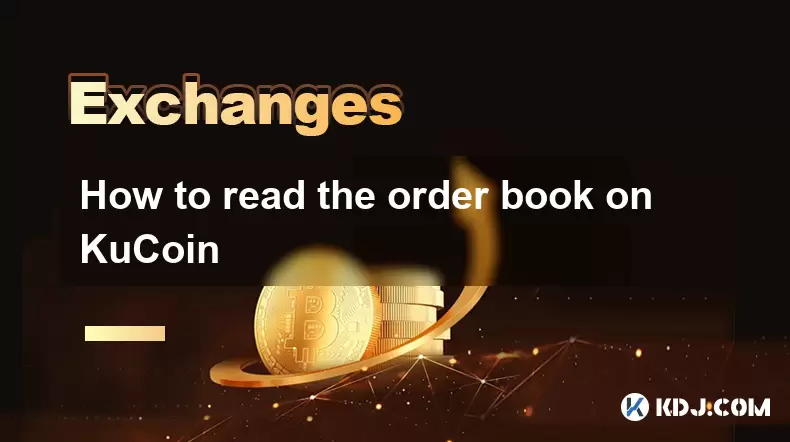
How to read the order book on KuCoin
Aug 10,2025 at 03:21pm
Understanding the Order Book Interface on KuCoinWhen accessing the order book on KuCoin, users are presented with a real-time display of buy and sell ...
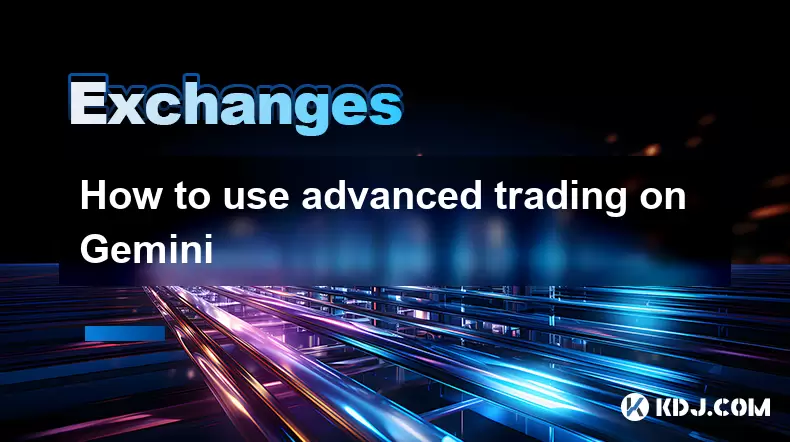
How to use advanced trading on Gemini
Aug 08,2025 at 04:07am
Understanding Advanced Trading on GeminiAdvanced trading on Gemini refers to a suite of tools and order types designed for experienced traders who wan...
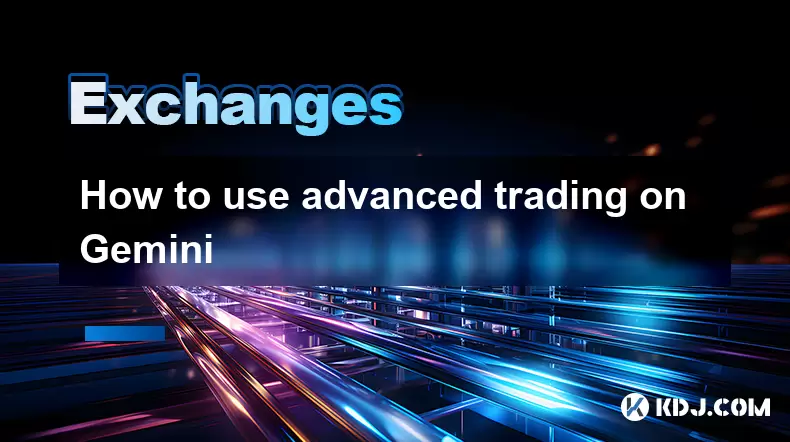
How to use advanced trading on Gemini
Aug 08,2025 at 10:56pm
Understanding Advanced Trading on GeminiAdvanced trading on Gemini refers to the suite of tools and order types available on the Gemini ActiveTrader p...
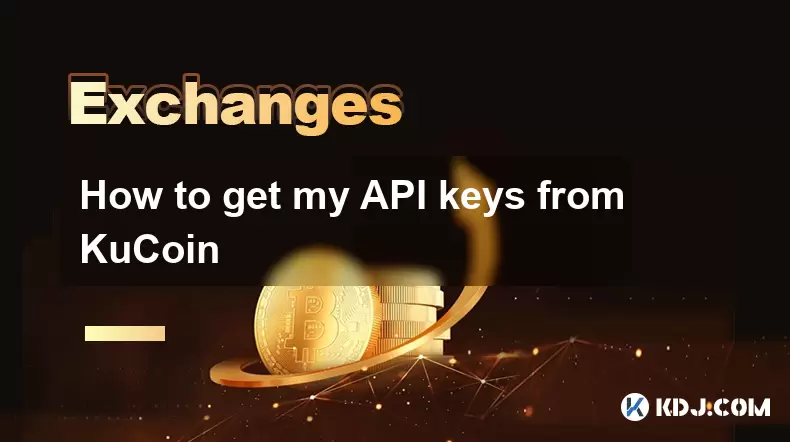
How to get my API keys from KuCoin
Aug 08,2025 at 06:50pm
Understanding API Keys on KuCoinAPI keys are essential tools for users who want to interact with KuCoin's trading platform programmatically. These key...
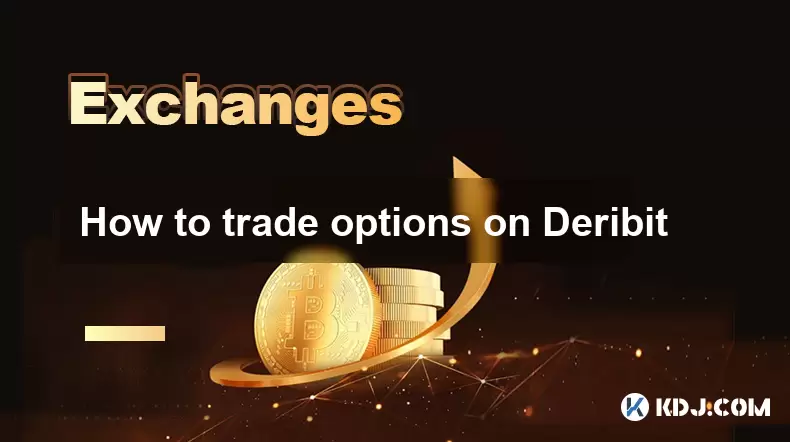
How to trade options on Deribit
Aug 09,2025 at 01:42am
Understanding Deribit and Its Options MarketDeribit is a leading cryptocurrency derivatives exchange that specializes in Bitcoin (BTC) and Ethereum (E...

How to use margin trading on Poloniex
Aug 08,2025 at 09:50am
Understanding Margin Trading on Poloniex

How to read the order book on KuCoin
Aug 10,2025 at 03:21pm
Understanding the Order Book Interface on KuCoinWhen accessing the order book on KuCoin, users are presented with a real-time display of buy and sell ...

How to use advanced trading on Gemini
Aug 08,2025 at 04:07am
Understanding Advanced Trading on GeminiAdvanced trading on Gemini refers to a suite of tools and order types designed for experienced traders who wan...

How to use advanced trading on Gemini
Aug 08,2025 at 10:56pm
Understanding Advanced Trading on GeminiAdvanced trading on Gemini refers to the suite of tools and order types available on the Gemini ActiveTrader p...

How to get my API keys from KuCoin
Aug 08,2025 at 06:50pm
Understanding API Keys on KuCoinAPI keys are essential tools for users who want to interact with KuCoin's trading platform programmatically. These key...

How to trade options on Deribit
Aug 09,2025 at 01:42am
Understanding Deribit and Its Options MarketDeribit is a leading cryptocurrency derivatives exchange that specializes in Bitcoin (BTC) and Ethereum (E...
See all articles





















